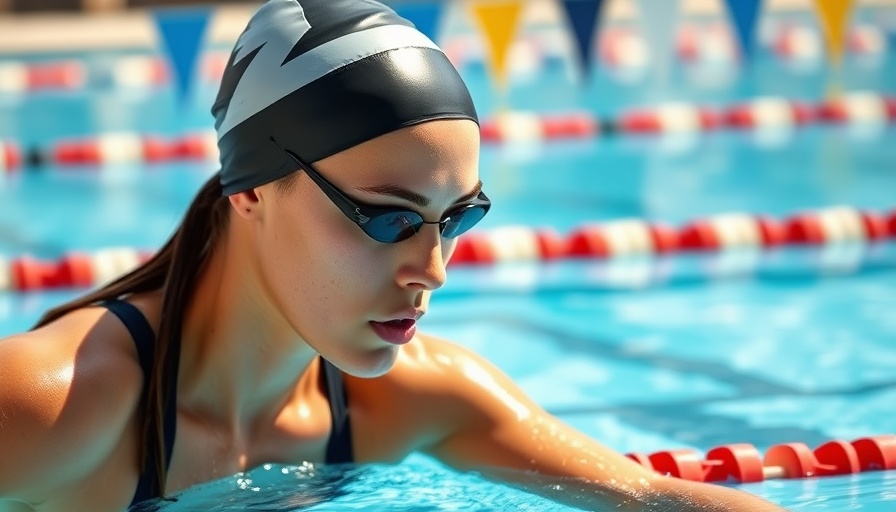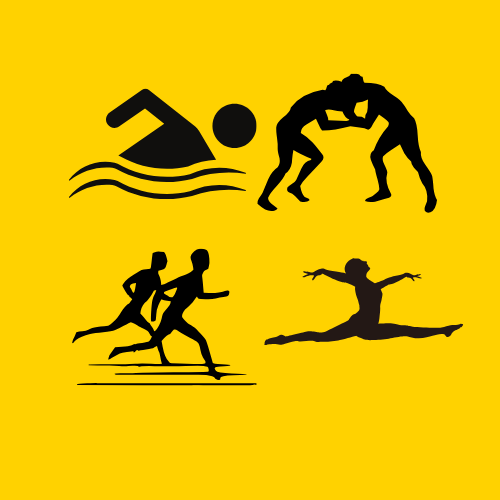
Mastering Swimming Skills: The Cornerstone of Effective Training
Swimming, often perceived as a serene sport of gliding through water, hides layers of complexity beneath its surface. For anyone looking to sharpen their competitive edge or simply enjoy the water more, mastering essential swimming skills is non-negotiable. Athletes, coaches, and even dedicated parents must recognize the value these skills impart, not merely in performance, but in the holistic development of swimmers. So, let’s dive into the ten key skills every swimmer should master and why they hold the key to success for both the individual and the team.
In "Every Swimmer Should Master These 10 Skills," the discussion dives into fundamental techniques, exploring key insights that sparked deeper analysis on our end.
Unpacking Fundamental Swimming Skills
The ten fundamental skills discussed in the video, "Every Swimmer Should Master These 10 Skills," touch on everything from breathing techniques to stroke refinement. Each skill can significantly enhance a swimmer’s capabilities but also develop their mindset toward training. Developing a solid foundation in swimming isn’t just about moving fast; it’s about efficiency, control, and adaptability in the water.
Why These Skills Matter: A Deep Dive
Focusing on the nuances of swimming skills can foster a deeper connection to the sport. By understanding the importance of proper breathing, streamlined positioning, and effective turns and finishes, swimmers can prevent injuries and become more resilient in the face of competition. Coaches can use these insights to tailor training programs that address not just technique but build up the mental tenacity of their athletes.
Connections Beyond the Water: Swimming as a Life Skill
Swimming culture often emphasizes competition, yet it serves as a vital metaphor for overcoming challenges. Emphasizing these ten skills can instill a sense of confidence that transcends the swimming pool. For parents, advocating for improvement in these areas can help their children develop discipline, patience, and teamwork, which can be valuable in other life pursuits, whether in school or future careers. This ripple effect showcases swimming's multifaceted benefits.
Breaking Down Common Misconceptions
Many newcomers to the sport believe that swimming is purely innate—it’s a myth that some people are just born with the ability to glide through the water gracefully. The truth is that proficiency in swimming comes from determination and dedication to mastering specific skills. Coaches often meet swimmers who underestimate the breadth of knowledge needed. Challenging these assumptions helps set realistic expectations and recognizes every athlete's potential.
Inspiring Future Generations: The Role of Coaches
While mastering swimming involves individual effort, the role of coaches in guiding swimmers through these fundamental skills is paramount. Coaches are not mere instructors; they are mentors who inspire. By promoting a strong understanding of core swimming skills, they can equip young athletes with the tools to excel. This includes fostering a strong team environment where skills are shared, helping everyone improve.”
Concluding Thoughts: The Importance of Continuous Learning
For athletes engaging in swimming, mastering the ten essential skills can lead to improved performance while reinforcing core values such as perseverance and personal growth. By advocating for and embracing these techniques, swimmers can enhance their journey not just as a competitor but as an athlete enriched by the sport's benefits. Dive deep into these skills, and you might find that what you gain from swimming extends far beyond the confines of the pool. So whether you're an aspiring athlete, a seasoned coach, or a parent cheering from the sidelines, prioritize mastering these foundational skills—the waters are waiting for you to make a splash!
 Add Row
Add Row  Add
Add 




Write A Comment